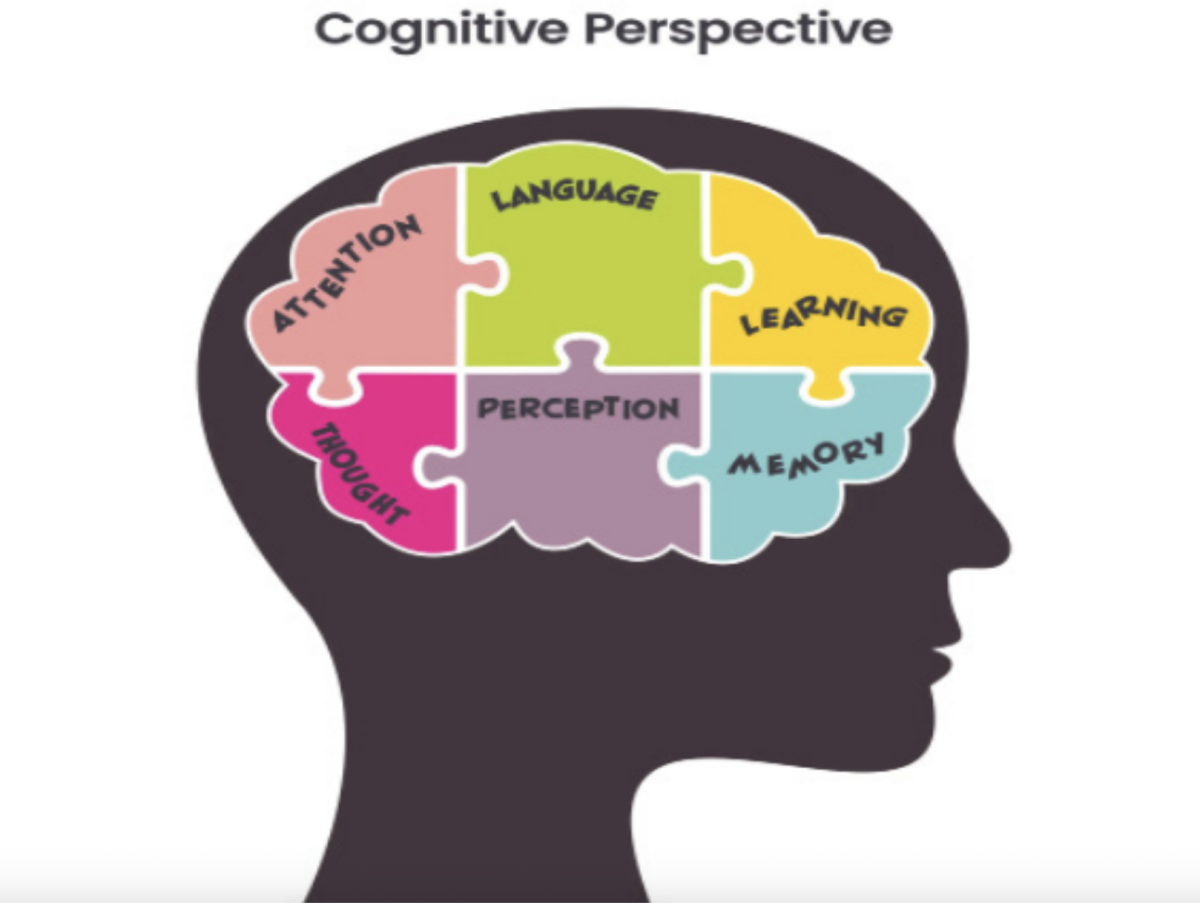Across the country, there has been a surge in book challenges–meaning individuals or interest groups are attempting to remove or restrict various works of non-fiction and literature in educational environments – and in some cases outright bans in schools.
Many parents have voiced concerns over mature topics such as sexuality, offensive language, race, and gender in literature and school curricula. Books like Bradbury’s Fahrenheit 451, Hoesseini’s The Kite Runner, Orwell’s 1984, Atwood’s The Handmaid’s Tale, and Morrison’s Beloved are all frequently challenged books taught at Mamaroneck High School.
Ninth and tenth grade English teacher Waldena Pineda teaches many books that have faced bans. However, she believes that “it’s less important to think about whether or not a book has been on a challenged or banned list, and more important to think about a book’s impact on students.”
As book challenges continue to rise, she emphasizes the need to focus on what students can learn from their readings rather than external pressures to censor material. “When we are selecting books for our classes, we are thinking about the voices we are representing in our curriculum and what those selections communicate to students,” Pineda explains.
Rather than debating whether certain topics should be taught at all, MHS English teachers are focused on selecting texts that will foster meaningful discussions and critical thinking. Pineda highlights that this is particularly important as students should be guiding their own work and reading about experiences that differ from their own, “build[ing] compassion and empathy.”
The Kite Runner by Khaled Hosseini is a frequently banned book because of its discussion of topics like rape, violence, and trauma. Maria Fairbairn, Advanced Placement English Literature and Composition (AP Lit) and tenth grade English teacher, teaches this book to her sophomores.
Because it includes sensitive subjects, she “address[es] with students, prior to reading, that it is a book that has been banned for sensitive and mature topics.” By being upfront with her students, Mrs. Fairbairn creates a comfortable atmosphere where students can “create and voice arguments about its merit.” It is important that students are given the opportunity to have a nuanced discussion about controversial texts, regardless of whether they agree with their messages.
At the end of the unit, Mrs Fairbairn gives students the chance to have an honest discussion about whether or not they believe The Kite Runner was an appropriate read. She shares that the “vast majority of students believe it is a necessary read to expose adolescents to some hard truths of the world and give them the confidence to openly and safely converse about such truths.”
Although the concern over children being exposed to controversial or disturbing topics is valid, allowing students to come to their own conclusions about what they should or should not read in school can open them up to the world’s realities.
In tenth grade English classes and AP Lit, students have the choice of reading The Handmaid’s Tale by Margaret Atwood in book groups. Because it discusses controversial subjects, including reproductive rights, bodily autonomy, totalitarian regimes, and feminism, it has been removed from school districts and libraries across the country.
Paige Tennant (’26) read The Handmaid’s Tale in AP Literature this year and feels that “the overall topics within the book are prevalent to today’s time.” Because of this, she believes that although “it is not a topic that anybody wants to hear,” the book’s message and portrayal of a dystopian society “need[s] to be shared.” The text opens up discussions in which today’s world is compared to Atwood’s fictitious dystopian society, and many students believe that it is important that they are included in these discussions.
As book challenging spreads across the nation, Mamaroneck English faculty and students continue to prioritize magnifying marginalized voices and discussing the purpose and nuances of literature.









